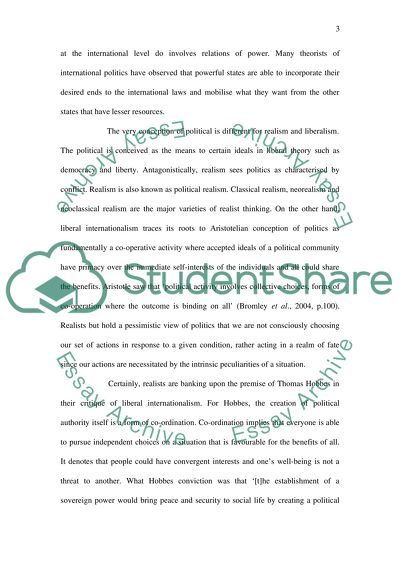Cite this document
(The Theoretical Framework of International Relations Case Study, n.d.)
The Theoretical Framework of International Relations Case Study. Retrieved from https://studentshare.org/politics/1547965-in-what-ways-does-a-consideration-of-interdependence-challenge-the-realist-analysis-of-the-prospects-for-international-co-operation-in-pursuit-of-absolute-gains
The Theoretical Framework of International Relations Case Study. Retrieved from https://studentshare.org/politics/1547965-in-what-ways-does-a-consideration-of-interdependence-challenge-the-realist-analysis-of-the-prospects-for-international-co-operation-in-pursuit-of-absolute-gains
(The Theoretical Framework of International Relations Case Study)
The Theoretical Framework of International Relations Case Study. https://studentshare.org/politics/1547965-in-what-ways-does-a-consideration-of-interdependence-challenge-the-realist-analysis-of-the-prospects-for-international-co-operation-in-pursuit-of-absolute-gains.
The Theoretical Framework of International Relations Case Study. https://studentshare.org/politics/1547965-in-what-ways-does-a-consideration-of-interdependence-challenge-the-realist-analysis-of-the-prospects-for-international-co-operation-in-pursuit-of-absolute-gains.
“The Theoretical Framework of International Relations Case Study”, n.d. https://studentshare.org/politics/1547965-in-what-ways-does-a-consideration-of-interdependence-challenge-the-realist-analysis-of-the-prospects-for-international-co-operation-in-pursuit-of-absolute-gains.


